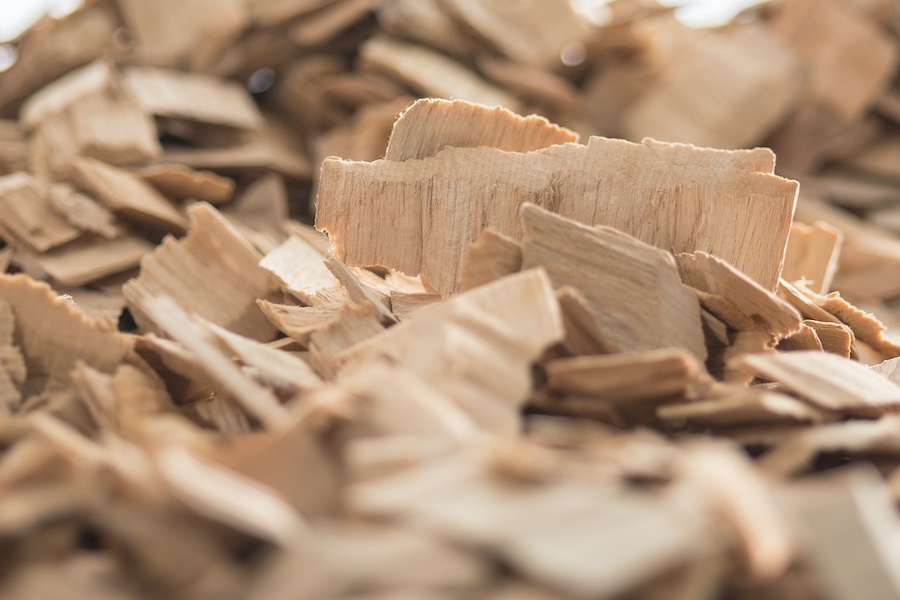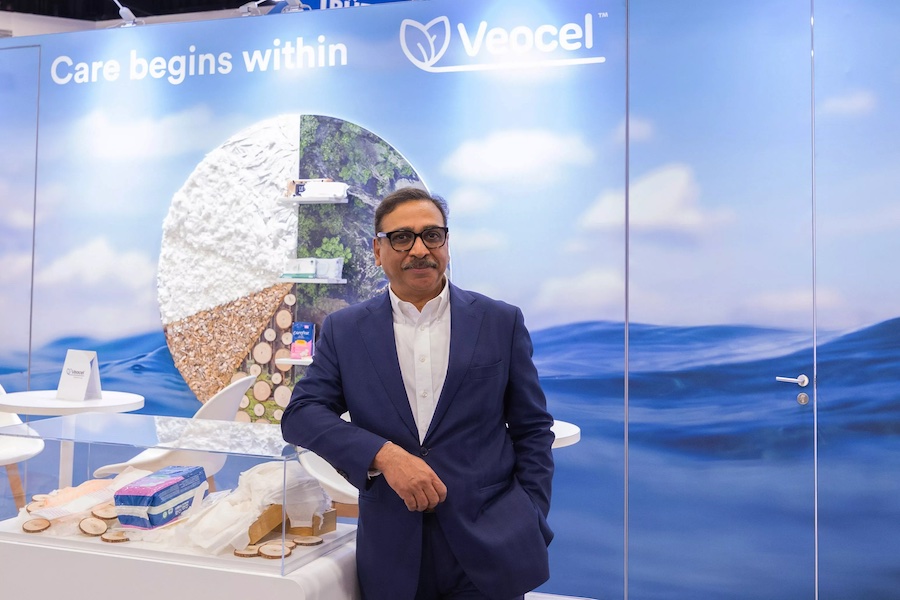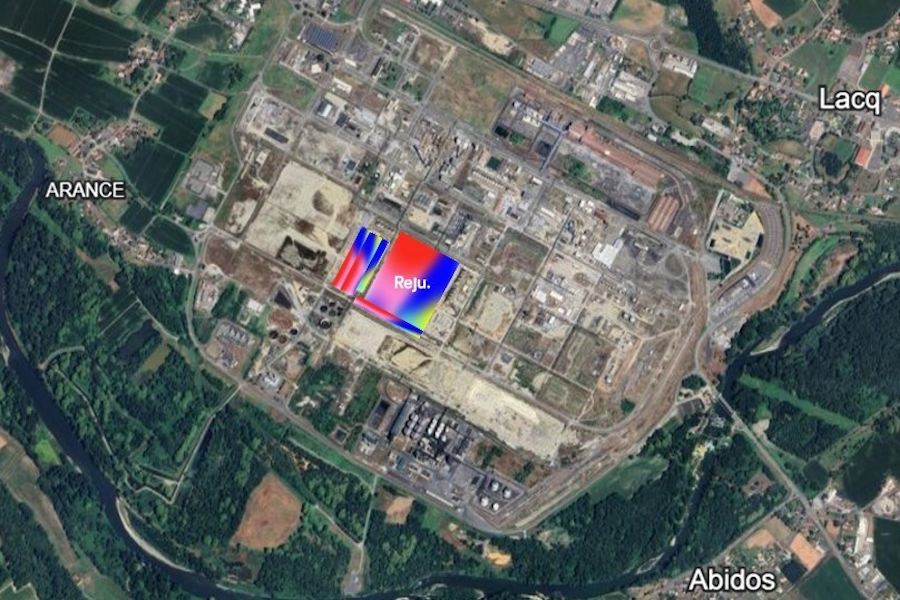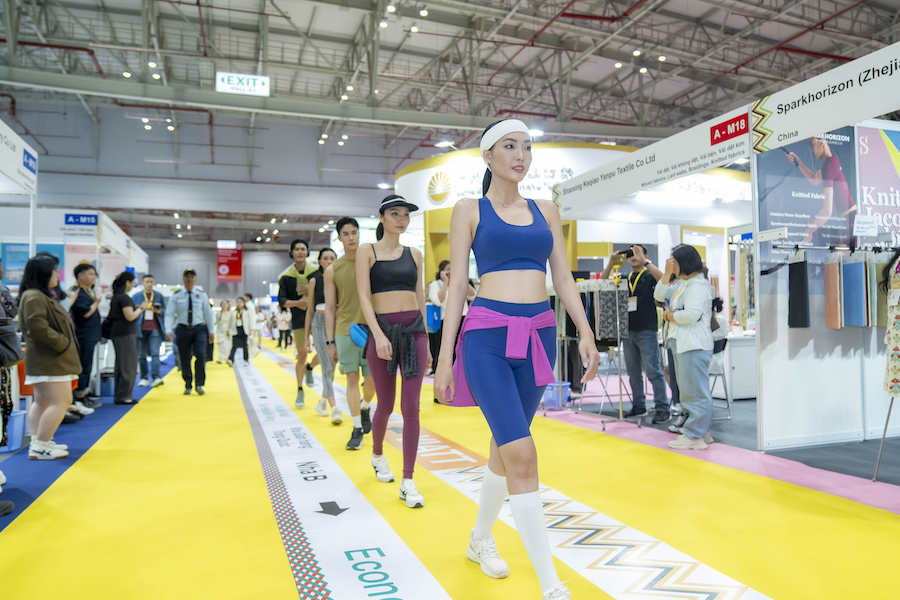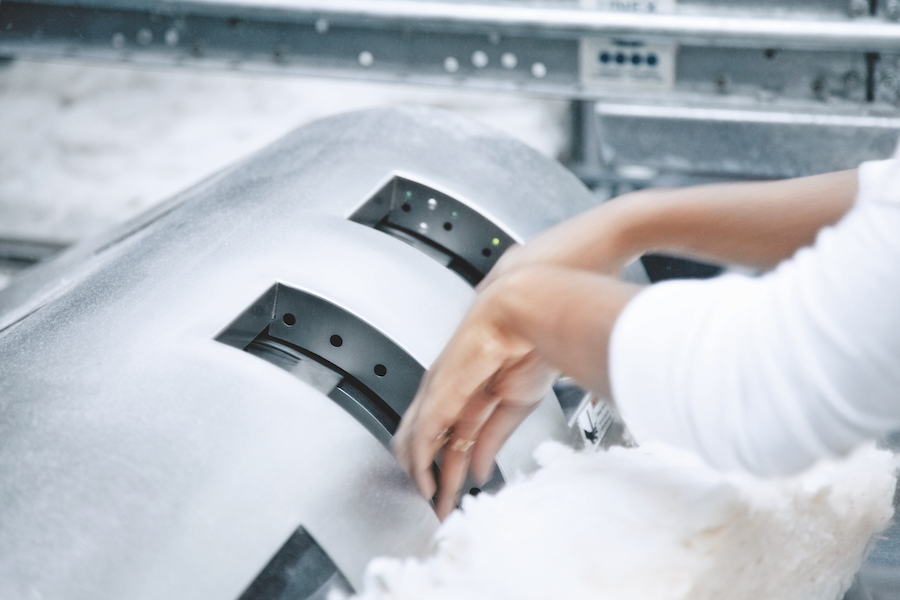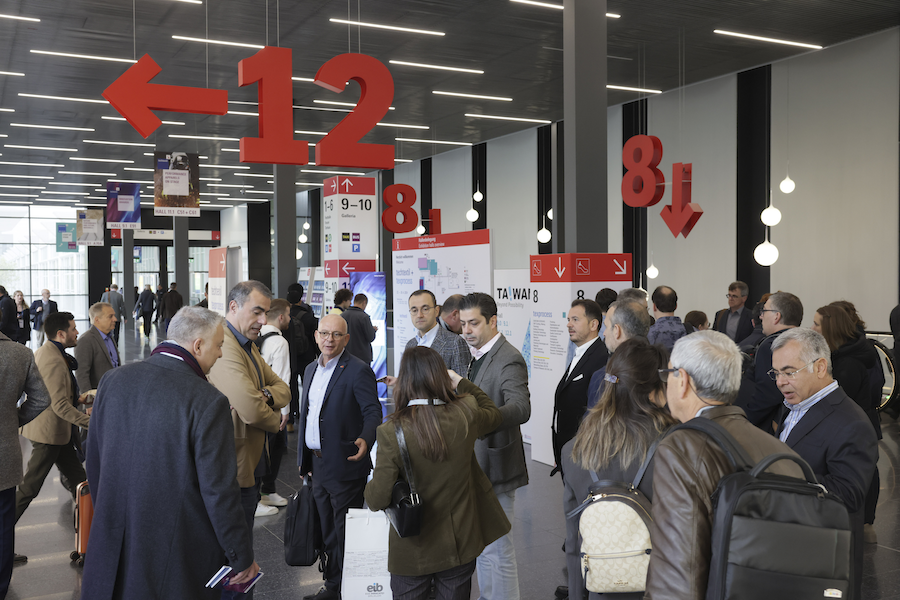#Recycling / Circular Economy
Lenzing unveils REFIBRA™ breakthrough technology strengthening their commitment to the circular economy in textiles

- Lenzing has unveiled their latest REFIBRA™ technology breakthrough, which features the industry’s first successful scaled production of virgin TENCEL™ Lyocell fibers using post-consumer cotton waste.
- TENCEL™ Lyocell fibers with REFIBRA™ technology now feature up to 30% of recycled raw material content, where some post-consumer cotton waste is mixed with pre-consumer cotton waste.
- Lenzing’s five-year vision is to raise the industry bar by producing fibers with REFIBRA™ technology by having up to 50% recycled content from post-consumer cotton waste to make textile waste recycling as common as paper recycling.
Currently, REFIBRA™ technology feature the upcycling of a substantial proportion of pre-consumer cotton scraps from garment production and mixing with virgin wood pulp, to produce new TENCEL™ Lyocell fibers. In September 2019, Lenzing announced the first-phase of REFIBRA™ technology upgrade, by increasing the composition of pulp made from upcycled cotton scraps collected from garment manufacturing process to up to 30%. In the second-phase, amongst the 30% of recycled raw material content, Lenzing can incorporate up to 10% of post-consumer cotton waste into the mixture of recycled materials alongside pre-consumer cotton waste. TENCEL™ Lyocell fibers with REFIBRA™ technology are produced on demand and capacity can reach thousands of tons for both generations.
“Our world’s forests and climate need these kinds of Next Generation Solutions at both scale and speed in the cellulosic fiber sector. Canopy applauds Lenzing for the vision of making textile waste recycling common place and for launching this commercially available product line with the first steps of post-consumer recycled content,” said Nicole Rycroft, Executive Director of Canopy. “We look forward to Lenzing’s leadership as they work to significantly increase the volume of their raw material that comes from Next Generation feed-stocks, and we know brands and retailers are looking to preference producers who hit the goal of a 50% post-consumer recycled fiber line first.”
With growing interest around the concept of ‘circular economy’ across the globe, the scaled production of TENCEL™ Lyocell fibers using post-consumer cotton waste is a key milestone for Lenzing’s pursuit to build a fully sustainable textile ecosystem. The second phase upgrade of REFIBRA™ technology poses tremendous business opportunities and helps drive greater developments for circular economy. Lenzing believe that the growing adoption of recycled textiles is an essential part of the fiber industry’s future growth strategy. Such frontier production model can help revolutionize the fashion industry and empower brands who are looking for eco-responsible textile value chains. It is the vision of Lenzing to make textile waste recycling a common process like paper recycling.
Based on the UN Sustainable Development Goal (SDG) 12, Responsible Consumption and Production, it is Lenzing’s clear vision to produce fibers with REFIBRA™ technology using post-consumer textile waste as raw materials. Being able to use discarded garments consisting of a wider range of materials will greatly enlarge the raw material basis for textile recycling. This innovation is a groundbreaking step towards tackling the global issue of textile waste disposal. At the same time it reduces the extraction of wood as a raw material and relieves the pressure on global forest ecosystems. Our vision includes recycling of fabrics and garments from Lenzing’s own materials. Lenzing is the first producer of wood-based cellulosic fibers offering Global Recycling Standard (GRS) and the Recycled Claim Standard (RCS) offering perfect transparency for the materials used during production.
Produced in eco-responsible closed-loop production process, fibers produced using REFIBRA™ technology are 100% bio-based. The fibers will also feature properties of enhanced breathability through good moisture management, silky smoothness and strength.
By leveraging such innovative breakthrough, Lenzing has been working closely with brands and industry stakeholders to pursue a more collaborative driving force for the transition towards greater inclusive and circular economic growth.
“For several years, we have witnessed a rise of eco-consciousness amongst consumers. Consumers have been demanding more sustainable product options in their shopping list. If a company wants to truly improve its sustainability practice, it needs to reexamine its current business model and consider introducing new products or technologies with recyclability and reusability in mind. At Lenzing, sustainability is part of our DNA, and we will continue to stand at the industry forefront to assist businesses with the implementation of eco-practices in their operations,” said Florian Heubrandner, Vice President of Global Business Management Textiles of Lenzing.



